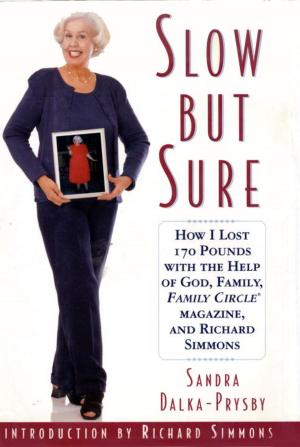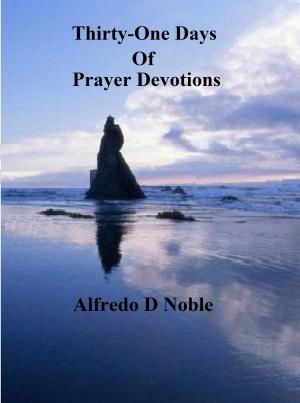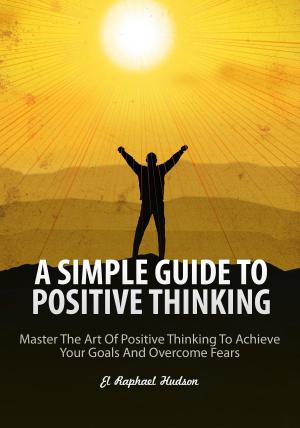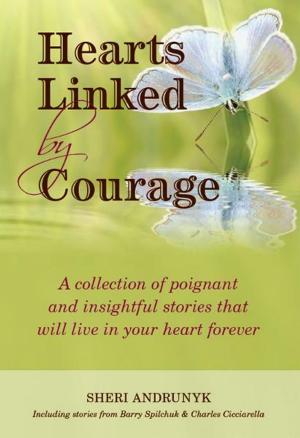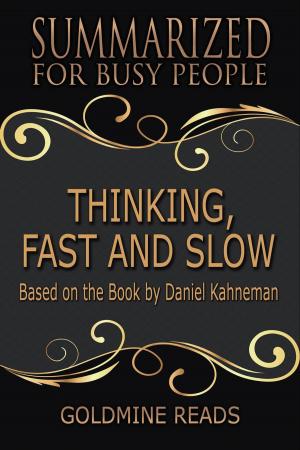On Death and Dying: A Metaphysical View
Nonfiction, Health & Well Being, Self Help, Self Improvement| Author: | Sheri-Therese Bartle | ISBN: | 9781370755264 |
| Publisher: | Sheri-Therese Bartle | Publication: | September 10, 2016 |
| Imprint: | Smashwords Edition | Language: | English |
| Author: | Sheri-Therese Bartle |
| ISBN: | 9781370755264 |
| Publisher: | Sheri-Therese Bartle |
| Publication: | September 10, 2016 |
| Imprint: | Smashwords Edition |
| Language: | English |
It is rewarding and meaningful to study the death process, because the cultural emphasis has always been on birth and the growing aspects of life. Death arrives all too soon, without what seems to be adequate preparation for it. Perhaps this is so, in part, because of the modern cultural taboo against cultivating awareness of the death process in our children. Generally, there seems to be a negative judgment regarding dwelling on death if one is active and healthy. It is possible that this human perspective is a direct reflection of our survival instinct, as if we believe (despite the evidence to the contrary) that we should stay in the physical body just as long as we desire.
However we react, life is designed to set us on the course for moving naturally toward decline and death after we have peaked in our egoic development. The descent into the limitations of aging can seem unjustly premature and depressing, but in effect it can more easily be understood as the paradox between a sense of “losing ground” and the survival instinct to thrive. With a youth-oriented society driving us, rather than a celebration of ripening into maturity and the wisdom of age, there is more panic and resistance to the natural life process occurring than ever before. As people reach out for comfort, the psychological focus on this sense of loss and its emotional integration, as well as the emergence of interest in many kinds of spiritual paths, becomes evident.
It is rewarding and meaningful to study the death process, because the cultural emphasis has always been on birth and the growing aspects of life. Death arrives all too soon, without what seems to be adequate preparation for it. Perhaps this is so, in part, because of the modern cultural taboo against cultivating awareness of the death process in our children. Generally, there seems to be a negative judgment regarding dwelling on death if one is active and healthy. It is possible that this human perspective is a direct reflection of our survival instinct, as if we believe (despite the evidence to the contrary) that we should stay in the physical body just as long as we desire.
However we react, life is designed to set us on the course for moving naturally toward decline and death after we have peaked in our egoic development. The descent into the limitations of aging can seem unjustly premature and depressing, but in effect it can more easily be understood as the paradox between a sense of “losing ground” and the survival instinct to thrive. With a youth-oriented society driving us, rather than a celebration of ripening into maturity and the wisdom of age, there is more panic and resistance to the natural life process occurring than ever before. As people reach out for comfort, the psychological focus on this sense of loss and its emotional integration, as well as the emergence of interest in many kinds of spiritual paths, becomes evident.





